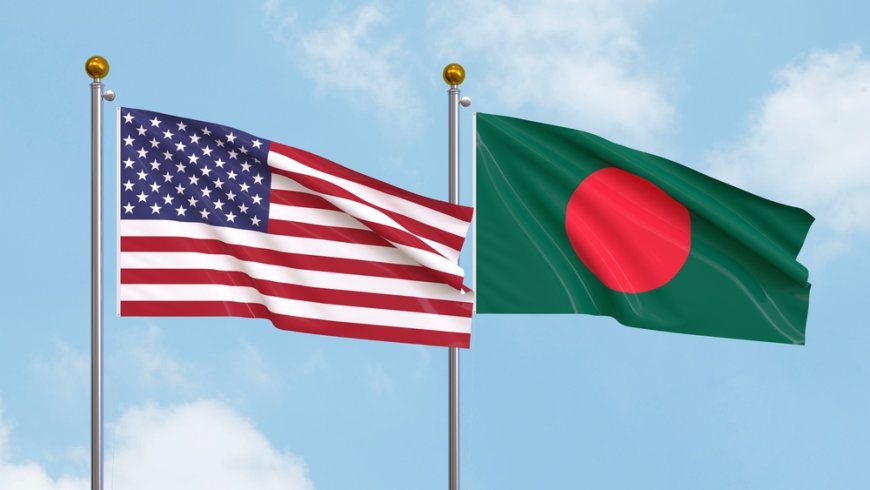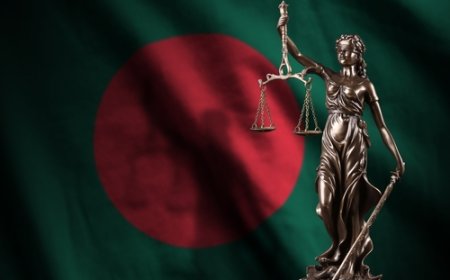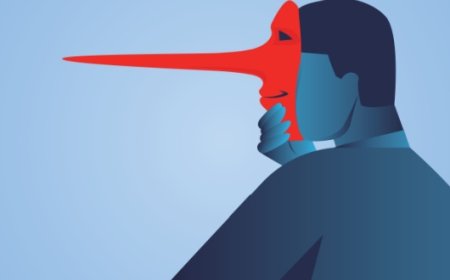Of July and Revolutions
Contrary to confident public pronouncements by commentators, the Bangladesh-America relationship remains strong and is poised to reach new heights in the future

One of my formative childhood memories was the celebration of America’s bicentennial on July 4, 1976. My home state of Massachusetts witnessed many of the crucial events leading up to America’s Declaration of Independence, and these were memorialized in a “Freedom Train” which made its way throughout the state during that bicentennial year.
Over the past fifty years, I’ve developed a keen interest in the history of the American Revolutionary War and have also studied other global revolutions and independence struggles -- to include those in France, Russia, and Ireland. As we now begin the countdown to America’s 250th birthday celebration in 2026, my thoughts are again with the Patriots and Founding Fathers who pledged their “lives, fortunes, and sacred honor” for freedom and liberty.
This 4th of July, I also find myself thinking about the one-year anniversary of Bangladesh’s Monsoon Revolution.
I realize that historians and political scientists continue to debate whether the events of the long July in Bangladesh qualify as a “revolution” or whether another term is more appropriate. I will leave these debates to the academics and will instead focus on recognizing the sacrifice of the brave students and citizens who were able to topple a tyrant and provide their fellow Bangladeshis with the hope of a better future.
There is a famous saying that “those who cannot remember the past are condemned to repeat it.” This is sound advice for all in Bangladesh who need to remember what the country looked and felt like before July 2024, even as they focus on day-to-day challenges and the effort to build Bangladesh 2.0.
Connecting my interest in the United States and Bangladesh, this July is also an opportunity to reflect upon the relationship between our two countries.
It is no secret that the United States government was on the wrong side in 1971 when Bangladesh won its liberation after an intense and brutal war. However, over the subsequent decades, the US became one of Bangladesh’s most steadfast international supporters, providing lifesaving assistance during times of natural disaster and contributing to the country’s economic and social development.
Like any relationship, ties between Washington and Dhaka had high points and low points over the past half century. Arguably, relations were at one of their lowest points a year ago, as the Hasina regime treated the United States and its representatives with open hostility because of their support for democracy and human rights.
While the Biden Administration was caught by surprise by the rapid turn of events in Dhaka in July/August, and though few in Washington had predicted that the student protests would lead to Hasina’s downfall, the United States was quick to sense the opportunity presented by the change in Bangladesh.
From the start, the United States looked for ways to support Chief Advisor Yunus and his administration as they sought to prevent an economic collapse, restore law and order, and implement long overdue political and economic reforms to enable free and fair elections.
The warm embrace between Yunus and President Biden at the UNGA in September set the tone for a series of bilateral engagements over the remainder of 2024. This was echoed by similar support provided by a broad international coalition of Bangladesh’s friends.
As the United States and the world prepared for President Trump’s return to office in January 2025, there were many who predicted that America’s bilateral relationship with Bangladesh would suffer, reflecting India’s supposed influence and a personality clash between the US and Bangladeshi heads of government.
With the Trump Administration completing its first six months in office and the Yunus government finishing its first year, these predictions have not come to pass. Rather, Washington and Dhaka have made considerable progress in redefining a new relationship based on individual and mutual interests -- America First has met Bangladesh First.
For sure, some aspects of the relationship have changed, most notably the US role as a leading development partner. At the same time, critical US humanitarian assistance programs have continued, the military-military relationship continues to grow, and an exciting new chapter in bilateral economic relationships has opened
At present, US and Bangladeshi trade negotiators are finalizing a new bilateral trade agreement that promises to provide a foundation for a dramatic expansion in trade and investment. This would be a revolutionary development which could redefine the bilateral relationship.
At the same time, progress on reaching consensus on a reform agenda and preparations for elections in early 2026 will provide the necessary stability to capitalize on these new opportunities and set the stage for a new government in Dhaka to build on the successes achieved by Chief Advisor Yunus and his colleagues.
As a final thought, my optimism for the future of both Bangladesh and the United States, and the relationship between our two countries is enhanced by the role being played by the Bangladeshi American diaspora.
Over the past year, I have had the opportunity to get to know many who were active in the United States during the July and August 2024 uprisingprotesting for freedom in Bangladesh during the Revolution.
They remain committed to the ideals that motivated the July Revolution and are passionate about the opportunities to expand US and Bangladesh relations, in particular in the areas of trade and investment.
As a child of immigrants who fled oppression and sought freedom and liberty in the United States, I proudly stand behind those who want to see the same for the land of their birth.
What's Your Reaction?













































































